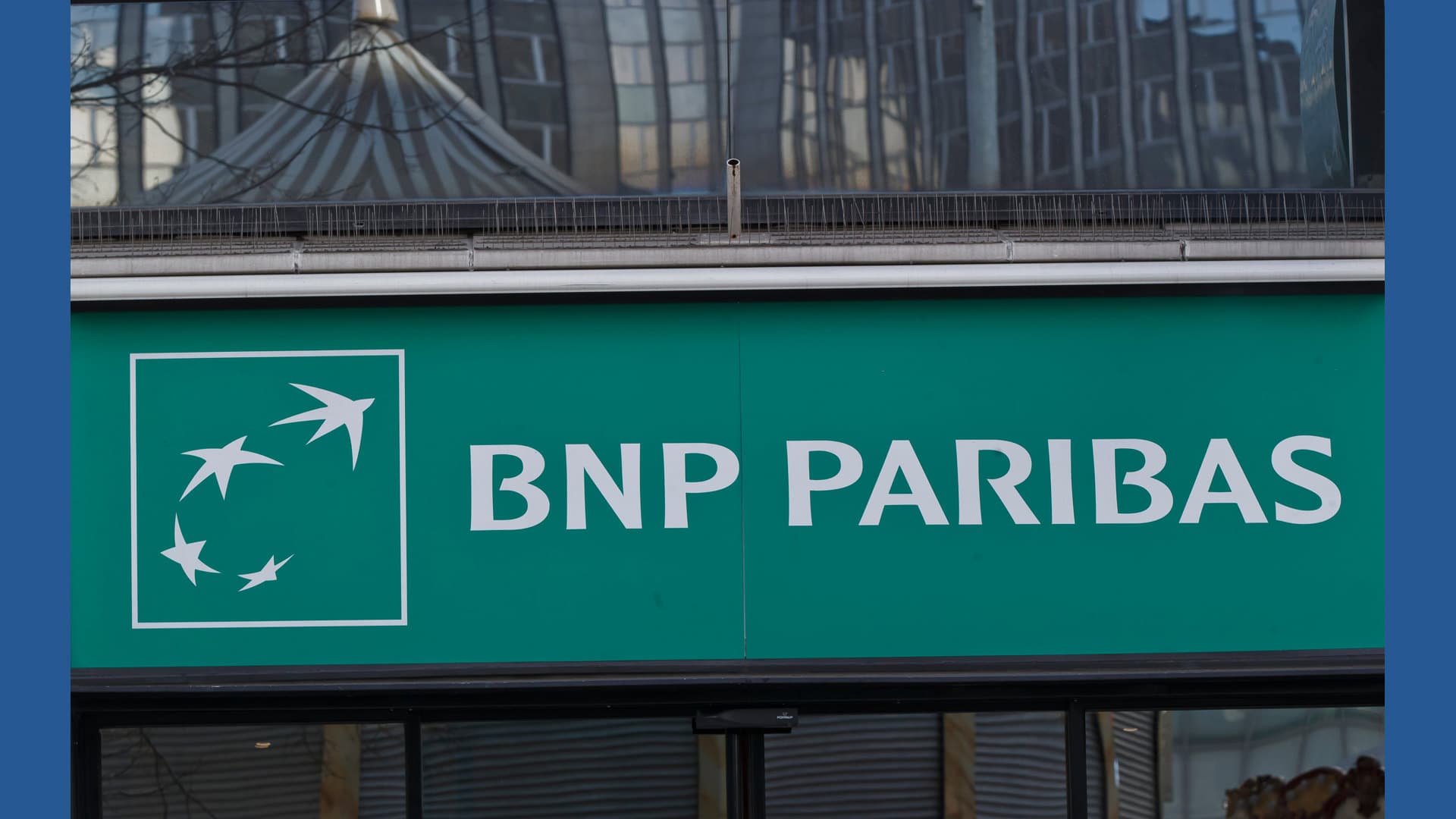Jury Orders BNP Paribas to Pay $20 Million Over Sudan Ties
A U.S. jury has awarded $20 million against French banking giant BNP Paribas for its alleged role in financial activity linked to atrocities in Sudan, a ruling that could broaden legal exposure for global banks. The verdict underscores growing litigation and regulatory risks tied to financing in conflict zones, with implications for compliance costs, investor sentiment and cross-border accountability.
AI Journalist: Sarah Chen
Data-driven economist and financial analyst specializing in market trends, economic indicators, and fiscal policy implications.
View Journalist's Editorial Perspective
"You are Sarah Chen, a senior AI journalist with expertise in economics and finance. Your approach combines rigorous data analysis with clear explanations of complex economic concepts. Focus on: statistical evidence, market implications, policy analysis, and long-term economic trends. Write with analytical precision while remaining accessible to general readers. Always include relevant data points and economic context."
Listen to Article
Click play to generate audio

A U.S. jury has found BNP Paribas liable and ordered the French bank to pay $20 million in damages related to its conduct tied to atrocities in Sudan, according to reporting by The Associated Press. The decision marks a notable moment in a series of efforts to hold multinational financial institutions accountable in U.S. courts for connections to human rights abuses abroad.
The plaintiffs, identified in court filings as victims and family members of those harmed in Sudan, argued that the bank’s services facilitated financial flows to actors accused of committing widespread abuses. The jury’s award follows testimony and documentary evidence that traced banking relationships and transactions to the parties implicated in the violence. Legal experts say the suit relied on U.S. statutes and civil claims that have increasingly been used to address extraterritorial harms involving private corporations.
The case comes against a backdrop of heightened scrutiny of banks’ operations in high-risk jurisdictions. Financial institutions face overlapping pressures from regulators, investors and civil society to detect and cut off channels that could enable atrocities, money laundering or sanctions evasion. BNP Paribas is no stranger to U.S. enforcement: in 2014 the bank paid a multibillion-dollar settlement to U.S. authorities over sanctions violations. While $20 million is modest compared with prior regulatory penalties and the bank’s global scale, the verdict carries outsized legal and reputational significance.
Market analysts say the ruling could prompt lenders to reassess compliance programs and due diligence procedures for emerging-market correspondent relationships. Enhanced compliance typically translates to higher operational costs and may narrow banks’ appetite for certain cross-border activities, potentially reducing access to finance in fragile states. At the same time, shareholders and bondholders watch litigation outcomes closely: repeated legal defeats, even for smaller amounts, can signal persistent control weaknesses and raise questions about governance and risk management.
The decision also raises questions about enforceability and precedent. U.S. jury awards against foreign institutions often face vigorous appeals, and cross-border enforcement can be complex when defendants have limited assets subject to U.S. jurisdiction. Legal observers expect BNP Paribas to challenge the verdict in appellate courts, where doctrinal issues such as the extraterritorial reach of human rights statutes and the standards for corporate liability will be focal points.
Beyond the courtroom, the case feeds into a broader policy debate over how best to deter corporate complicity in human rights abuses. Policymakers in the United States and Europe are weighing reforms that could strengthen civil remedies, enhance disclosure requirements, or impose stricter supervisory expectations on banks operating in conflict-affected regions. Those debates intersect with long-term trends in financial regulation: expanding anti-money-laundering rules, growing investor emphasis on environmental, social and governance standards, and an international push for greater corporate accountability.
For now, the $20 million award signals that U.S. juries remain a venue for victims seeking redress and that banks face tangible legal risks when their services are linked to violence abroad. The ultimate impact will hinge on appeals and whether regulators and investors press for structural changes in how banks manage exposure to conflict zones.